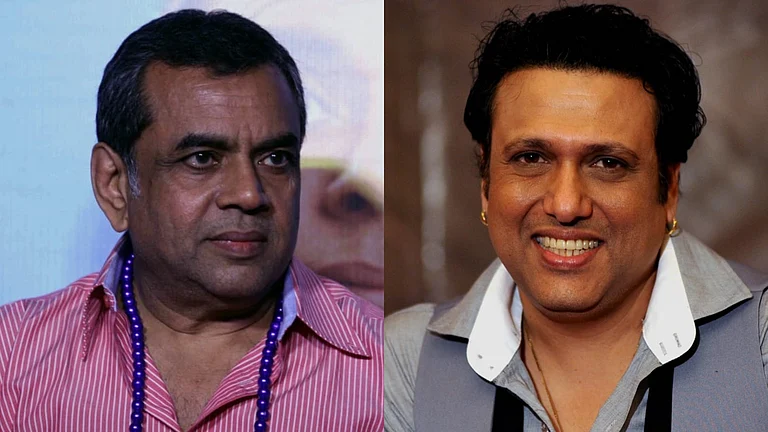European Union negotiators said international talks that resumed Saturday on the Iran nuclear agreement were on track to revive the deal, which crumbled after the United States withdrew in 2018.
Senior diplomats from China, Germany, France, Russia, and Britain concluded a 90-minute meeting with Iranian representatives at a hotel in the Austrian capital.
“We are making progress, but the negotiations are intense and a number of issues (remain), including on how steps are to be implemented,” EU representative Alain Matton told reporters in Vienna.
The United States is not formally part of meetings that launched in Vienna earlier this year. But the administration of President Joe Biden has signaled willingness to rejoin the deal under terms that would broadly see the U.S. scale back sanctions on Tehran and Iran return to abiding by the limits on its nuclear activity contained in the 2015 agreement.
“The EU will continue with the talks with all the participants...and separately with the United States to find ways to get very close to a final agreement in the coming days,” Matton said.
Diplomats say complicating factors have included the sequence of the proposed measures, dealing with advances in Iran's nuclear processing capability since the United States withdrew, and the presidential election in Iran next week.
Officially known as the Joint Comprehensive Plan of Action, the 2015 deal provided Iran vital sanctions relief in exchange for a commitment to allow extensive international monitoring as it dismantled much of its nuclear programme.
Former President Donald Trump pulled the U.S. out of the deal in 2018, arguing that it handed Tehran too many concessions while failing to curb its aggression in the region and ambitions to build a nuclear weapon. U.S. sanctions that were re-imposed and intensified under Trump tipped Iran into a severe recession and enriching more uranium than permitted under the deal.
Iranian officials have balked at the suggestion that some of the terms agreed to in 2015 would have to be updated, insisting that it would return to nuclear compliance as soon as Washington restored its pre-Trump sanctions policy.






.jpg?w=801&auto=format%2Ccompress&fit=max&format=webp&dpr=1.0)


















